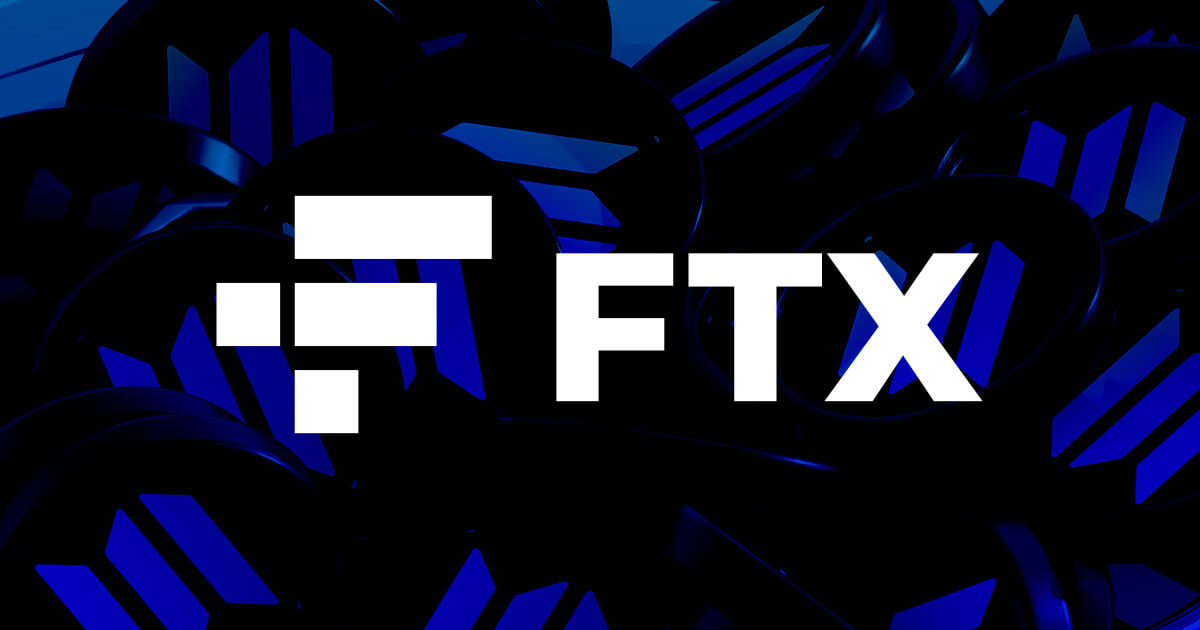Net Neutrality Concerns
Net neutrality advocates have raised concerns over the impending approval of Federal Communications Commission (FCC) rules, apprehensive that the absence of explicit prohibition against “positive” discrimination could pave the way for harmful fast lanes. FCC Chairwoman Jessica Rosenworcel’s proposed regulations for Internet service providers encompass restrictions on blocking, throttling, and paid prioritization, akin to the regulations enacted during the Obama administration and rescinded during the Trump era. However, critics have taken issue with the decision to permit Internet service providers to accelerate specific application types without charge to application providers.
Criticism from Advocates
Stanford Law Professor Barbara van Schewick, a staunch advocate for stringent net neutrality norms, pointed out in a recent blog post that harmful 5G fast lanes loom on the horizon. Major carriers like T-Mobile, AT&T, and Verizon are actively exploring mechanisms to establish these fast lanes for applications such as video conferencing, gaming, and video content, where the Internet Service Provider (ISP) exercises control over prioritization. Leveraging a technical feature in 5G termed network slicing, carriers can dedicate a segment of their radio spectrum as an exclusive lane for selected applications, segregating them from the conventional Internet traffic flow. The FCC’s draft order, Van Schewick contends, introduces a loophole that sanctions these fast lanes, provided the application provider does not bear the cost.
Implications of Network Slicing
In a recent FCC filing, AT&T underlined that carriers can exploit network slicing to tailor network resources to align with the requirements of specific business applications and consumer preferences more effectively than on a generalized “best-efforts” network, which treats all traffic equally.
Potential Consumer Impact
Van Schewick cautions that consumers might end up paying higher rates for plans that expedite certain content categories. For instance, mobile operators could offer a basic plan alongside premium tiers that optimize particular online games or services like YouTube and TikTok, amplifying user experience at an additional cost.
Commercial Advocacy
Telecommunications vendor Ericsson, a supplier to major carriers including AT&T, Verizon, and T-Mobile, supports the notion of offering enhanced services through network slicing. In a report delineating commercial applications of network slicing, Ericsson highlighted that a substantial number of gamers are willing to pay extra for superior gaming experiences, proposing a premium of up to $10.99 for dedicated gaming benefits over their standard 5G subscriptions.
Regulatory Perspectives
Before the release of the net neutrality order draft, Van Schewick urged the FCC to clarify that the prohibition on throttling encompasses the prevention of ISPs from selectively accelerating or decelerating applications or classes of applications. Various advocacy groups echoed similar sentiments in a separate filing, emphasizing the necessity to include a ban on selective acceleration in addition to deceleration in the “no-throttling” rule.
The FCC’s draft rules, slated for a forthcoming vote on April 25, rebuffed requests to explicitly outlaw what it terms as “positive discrimination.” The draft contends that the existing prohibition on throttling encompasses a broad spectrum of activities that could impede or degrade users’ access to preferred content. Consequently, the FCC deemed any amendment to explicitly encompass both positive and negative content discrimination unnecessary.
Image/Photo credit: source url





